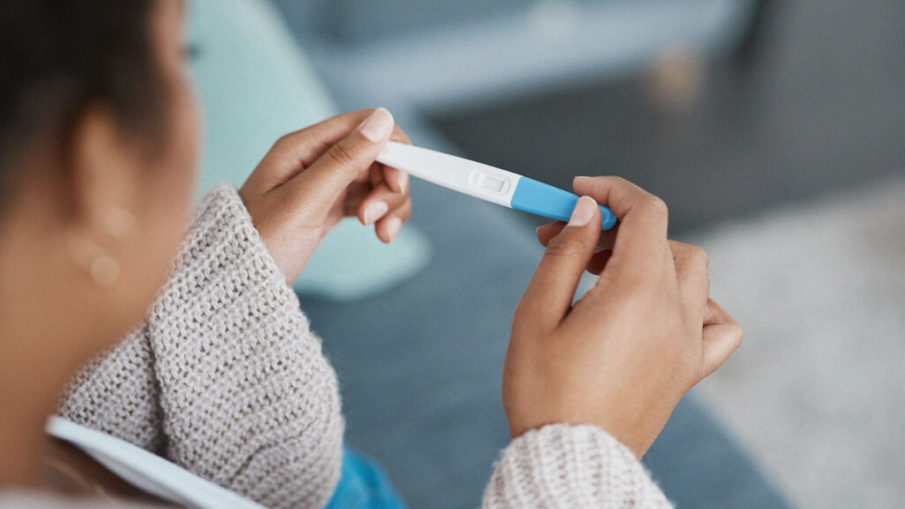Making sure your health is in the utmost shape may make it easier for you to get pregnant, may make your pregnancy easier, and it starts your baby off on the right track healthwise. An article written by Tamekia Rice and updated on October 9th, 2019 on parents.com lists these as some of the checks you should get before trying to conceive.
1. A General Checkup: At an appointment for a general checkup, your doctor will talk with you and ask you questions about lifestyle habits, medical history etc to get an overall view of your health. This may mean other screenings such as blood pressure checks, pap smears etc. Your doctor will also address any chronic health issues, like diabetes, hypertension, to make sure they’re under control before you become pregnant, says Dr. James, aboard certified ob-gyn at Saddleback Memorial Medical Center, Laguna Hills, California. Both parties should see their doctors in case of any issues that may affect fertility.
2. If you’re planning to become pregnant, it’s important to confirm your vaccinations are current so that you can avoid illnesses that may be harmful for your pregnancy or your baby, says Dr. James. The ideal time to verify and get your vaccines is about 3-6 months before you plan to become pregnant.
3. Sexually transmitted infections (STIs): Untreated STIs can cause very serious problems for your pregnancy and baby. For example, chlamydia has been linked to preterm labor and low birth weight and syphilis has been linked to premature birth, as well as stillbirth, and problems with multiple organs. Dr. James recommends both partners be screened as that way you can receive treatment and take any necessary precautions to protect your future baby.
4. Genetic Testing: According to Dr. Shona Murray, M.D., an ob-gyn and Director of Advanced Reproductive Medicine Colorado Springs, at the University of Colorado Denver, all intended parents should be educated about genetic testing so they can make an informed decision about what is the correct option for them. Pre-pregnancy genetic testing is done using a blood sample or tissue from a swab inside the cheek and it will help determine if you or your partner carries abnormal genes linked to certain diseases that might then passed on to your baby e.g sickle cell, cystic fibrosis etc.
Extra Tip: Dental checkup: According to Dr. Mark K. Nguyen, D.D.S., a dentist at OC Healthy Smiles in Costa Mesa, California, pregnancy gingivitis a.k.a hormonal changes that may cause excessive gum inflammation increases your susceptibility to bacteria that cause gum disease,” he says. Research has shown that gum disease increases the risk for preterm delivery and low birth weight. Another crucial reason is because you want to reduce the amount of radiation to the child, which means no dental x-rays while you’re expecting unless you’re having a toothache,” says Dr. Nguyen. So it’s best to make sure your mouth is in good condition before you’re pregnant. That way you’ll have time to correct any issues.
In addition, emotional well-being is just as important as physical health when you’re planning to become pregnant. According to the Centers for Disease Control and Prevention, as many as 1 in 9 women experience depression before, during, or after pregnancy. So it’s crucial to make sure your mental health—and your partner’s—is in check before pregnancy.



